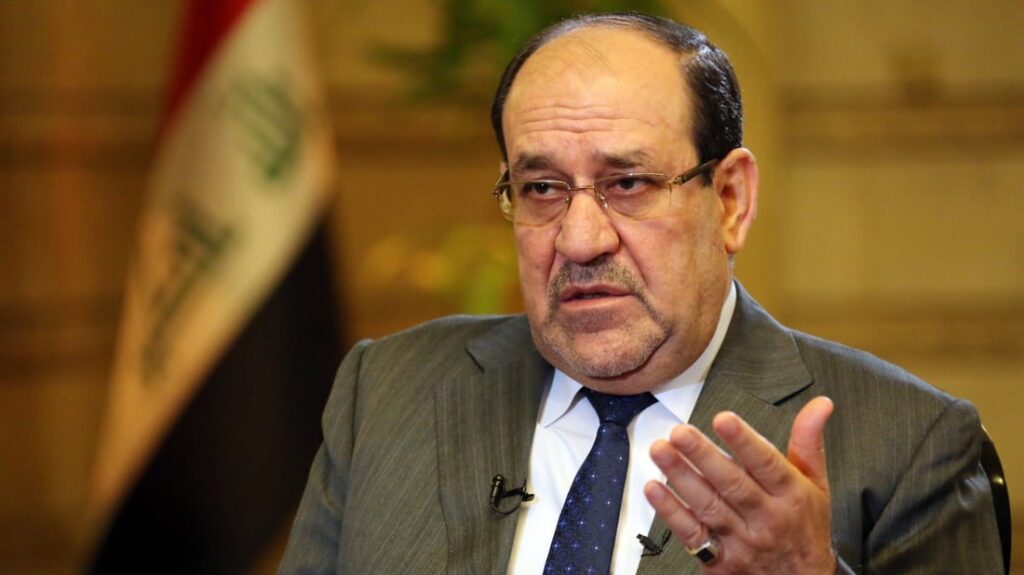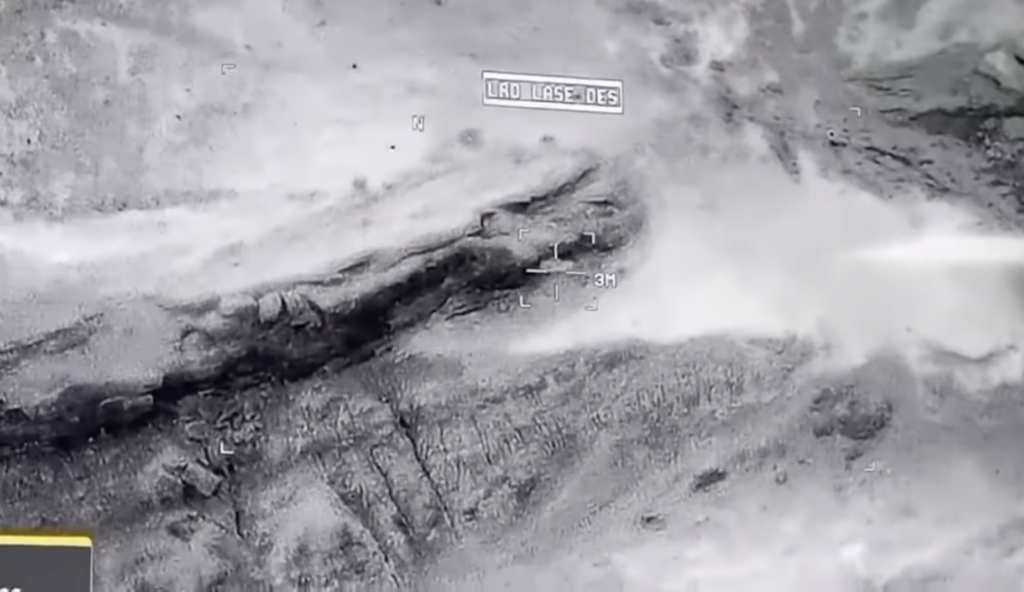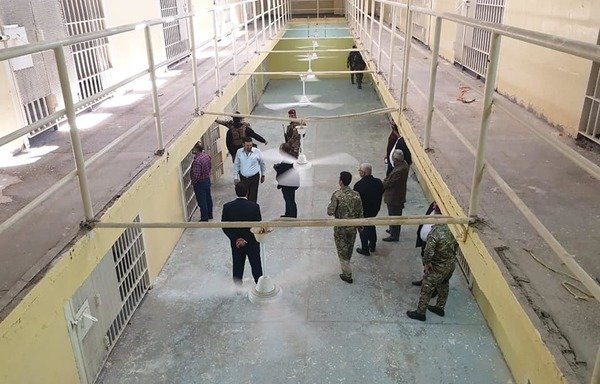Kurdistan Region receives only 5 percent of Iraqi budget: PM Masrour Barzani

ERBIL (Kurdistan 24) – Kurdistan Region Prime Minister Masrour Barzani claimed that the Kurdistan Regional Government (KRG) is not receiving its allotted share of the Iraqi national budget in a forum hosted by the Middle East Research Institute (MERI) in Erbil on Wednesday.
In a speech to conference attendees, he said that Iraq produces 4.5 million barrels daily, 3.5 million of which it exports, leaving 1 million for internal consumption.
“23 percent of the overall 78 percent [of oil export revenue] is used for internal expenditure, leaving 55 percent which Kurdistan is receiving 12.6 percent,” he explained. “As a result, the Kurdistan Region is excluded from the internal expenditure and internal consumption from the oil, leaving a total of 5 percent from Iraq’s overall 4.5 million bpd [barrels per day].”
Ties between Erbil and Baghdad spiraled drastically following the Kurdistan Region’s independence referendum in September 2017 and remained nearly non-existent for months. Relations eventually began to improve, most noticeably after the formation of Prime Minister Adil Abdul Mahdi's administration in late 2018.
Notable among the perennial disputes between the KRG and Iraq's federal government crucial to the economies of both are the continued negotiations on oil and gas. The autonomous Kurdish government has exported its oil independently since 2013. Following the post-referendum fallout, the KRG agreed to send 250,000 barrels of bpd to Baghdad in exchange for the payment of civil servants’ salaries and other budgetary disbursements. The KRG has yet to implement the oil article.
“We are prepared to give Iraq the 250,000 bpd if they are prepared to give us Kurdistan Region’s whole share of the overall Iraqi budget,” said Barzani, adding, “Iraq must be transparent in oil sales; where and how much is sold, as it is our right, the same way they are requesting transparency from the Kurdistan Region.”
The regional prime minister also discussed the issue of territories disputed by Baghdad and Erbil, focusing on Article 140 which was written into the nation's 2005 constitution as a way to address the issue. He also emphasized that the Islamic State continues to exploit security voids in areas not effectively controlled by either Iraqi security forces or Kurdish Peshmerga in many of the disputed territories.
“Our suggestion to Baghdad is a joint cooperation point in the disputed territories to prevent any security threats in those areas, which is starting from the Syrian border to the governorate of Diyala.”
Barzani went on to laud current KRG programs to fight corruption, protect the environment, bolster the economy, and reduce bureaucracy by promoting modern reforms to better serve the people of Kurdistan.
He also announced that the KRG is prioritizing the establishment of an additional 3,500 classrooms across the Kurdistan Region schools because, he said, “Education is key in a nation’s effort to move forward.”
Masrour Barzani took his oath of office in July, promising to introduce reforms in all government sectors, strengthen the autonomous region, and improve its relations with Baghdad.
Editing by John J. Catherine







